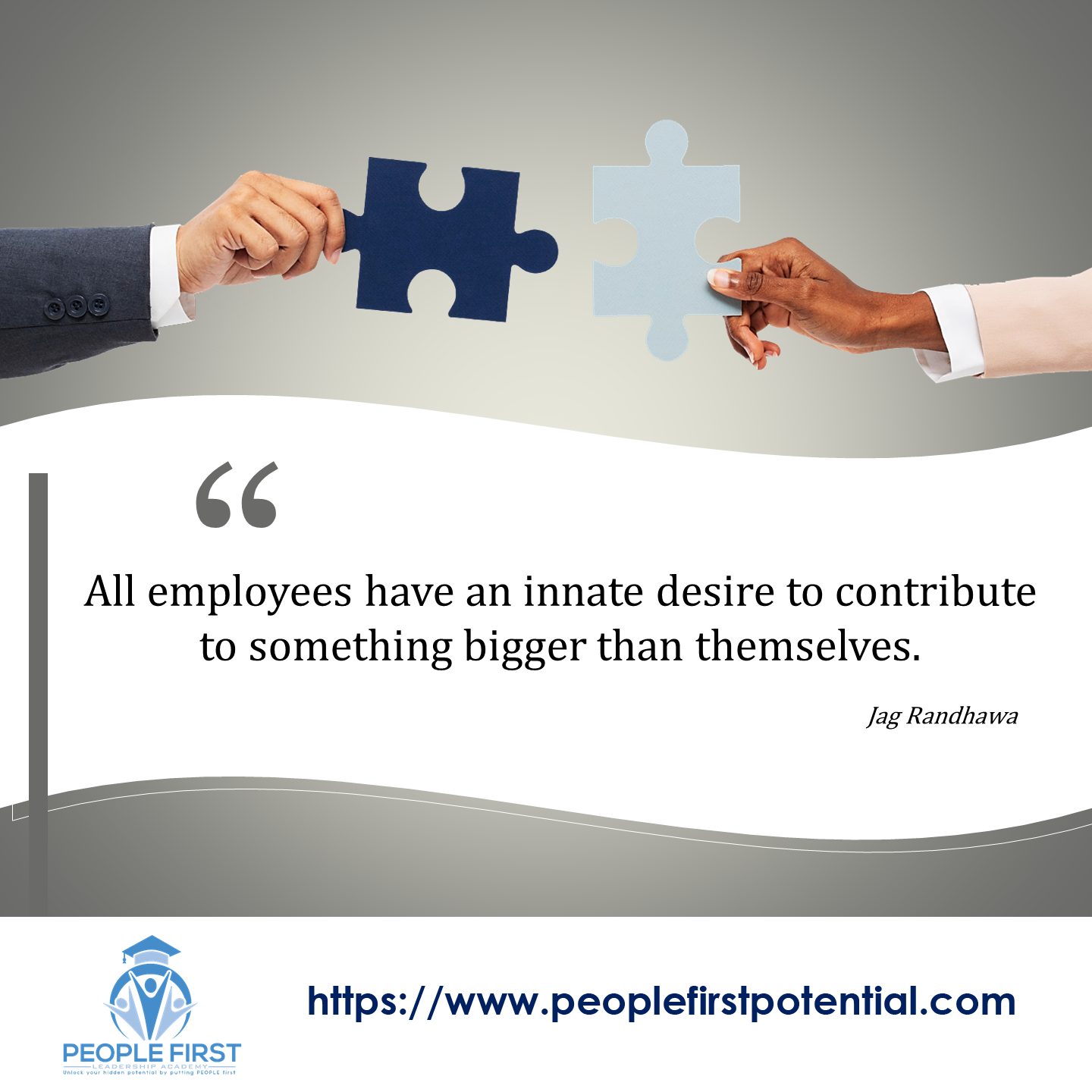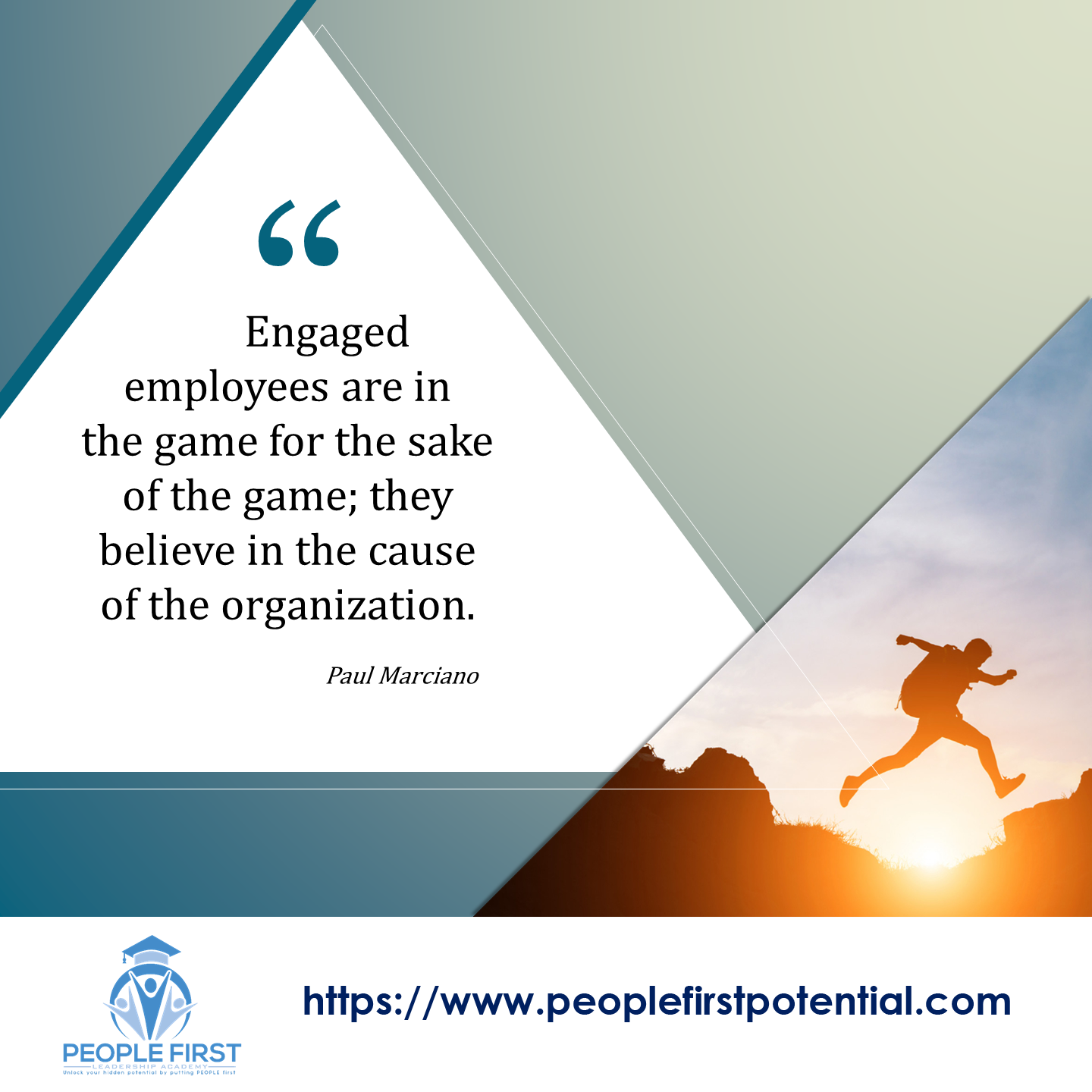Information Overload: How to Get a Handle on It Immediately
It’s real. It’s happening. It has a detrimental effect on every person on your team. Information overload is no joke. Its impact is insidious and more damaging than you realize.
In the knowledge economy and the age of information, there’s a prevailing sentiment that we all just have cope with the non-stop barrage of data, facts, opinions, discoveries, news, and ideas. The expectation is that we drink from a firehose and stay thirsty.
Never before has so much information been so readily available or easily accessible. That’s a good thing, right?
WRONG.
It’s only a good thing if you understand how to manage the consumption of information. If you set expectations (real or perceived) that people in your workplace have to be plugged in, tuned in, and constantly open to new inputs, you’re promoting infobesity, a dangerous disease that has serious side effects.
3 Warning Signs of Information Overload
To cope with the overwhelming and never-ending abundance of information, people usually respond in ways that become counter-productive. If you see these three warning signs of information overload, it’s time to make some changes.
- Filtering with a confirmation bias to select only the information that confirms what was already believe. This includes ignoring sources that offer alternative perspectives, dismissing new information that challenges the status quo, and devaluing individuals who offer fresh perspectives.
- Satisficing or hastily accepting information that is “good enough” vs. taking in additional information that will require more time or effort to understand. When team members set a low threshold on the quality or quantity of information they review or consider before making a decision, the decision is usually compromised.
- Withdrawing from the task or conversations that require the processing of new information. Discomfort due to information overload can impair relationships, collaborations, and team effectiveness.
Recognizing these issues is easy. Deciding to do something about them is another matter. But now, more than ever, it’s essential for healthy workplaces to acknowledge AND address the intense and pervasive effects of information overload.
What’s Intensifying Information Overload?
Consider these three factors that contribute to infobesity:
Info is coming at us from every direction.
The onslaught of emails is now multiplied by all the other locations where messages are delivered. In a single day, in addition to dozens of emails, a single individual may also receive messages via text, Slack, Teams, Skype, LinkedIn, Twitter, Facebook, Instagram, Tik Tok, voice mail, and countless other sources.
The myth of multitasking is a dangerous one.
It’s now linked to causing attention-deficit disorders because the human brain simply doesn’t work that way. When multi-tasking, we think we’re splitting our attention between two or more tasks. We’re not because we can’t do that. Instead, we’re rapidly shifting our attention back-and-forth, back-and-forth, back-and-forth. That’s why it’s so exhausting. It’s always why over 97% of people produce poorer quality work when multitasking than when focusing on one task at a time.
Covid-19 limits our interaction and options.
Work from home stations many people in front of a computer for hours on end, often with multiple tabs open and multiple screens to view, and with other technology nearby. The slightest hint of a question produces a Pavlovian response to search online, ask Alexa, or access a document or email. We don’t turn to books. We don’t reflect and think things through on our own. We don’t pick up the phone to brainstorm with others (at least not without scheduling a Zoom meeting first!).
What Is the Impact of Unchecked Information Overload?
Businesses suffer when employees feel overwhelmed, disillusioned, and subject to unrealistic expectations. That leads to low morale and makes it difficult for employees to be highly engaged in their work. Diminished employee engagement is proven to result in higher levels of turnover, reduced productivity, dissatisfied customers, reduced revenue, and lower profit margins.
But that’s only part of the problem. Infobesity leads to unmanageable workloads, being spread too thin, poor follow-up on promises and commitments made, mental exhaustion, and even email apnea (the unconscious suspension of regular, steady breathing when plowing through emails).
But wait, there’s more! Hewlett-Packard commissioned a study that reported the average IQ scores of knowledge workers who were constantly distracted by emails and phone calls dropped 10 points from their normal average.
And then there’s information addiction, getting hooked on the constant inputs and feeling jittery when unable to immediately access email or text messages or online and social media sites.
Aside from the impacts that come from low engagement, businesses also experience direct effects from these problems. How many hours a day are wasted on unnecessary emails and meetings? How many bad decisions result from filtering, satisficing, or withdrawing coping mechanisms? And what is the cost of those bad decisions? Run the numbers with conservative estimates, and you will begin to see just how serious a problem information overload really is.
7 Things Supervisors Can Do to Alleviate Information Overload
Supervisors and managers can support their direct reports by taking swift action to:
- Set a good example. If you tell people you believe in work/life balance but send emails at all hours of the day and night, you’re contributing to information overload and not setting a good example for work/life balance. If you can’t break the habit of sending emails in the middle of the night and on weekends, then use your email’s scheduling feature to deliver those email during business hours.
- Screen information. Sure, everyone would like to know everything, and transparency is virtuous. But if you can’t determine why someone needs to know something, maybe it’s not all that important to share it. When you share information, frame it up with the why: “I’m telling you about this because….”
- Encourage and model time blocking strategies. Set aside dedicated times of the day for highly focused, uninterrupted work. Phone off, email and other messaging alerts off, and no distractions allowed. Use these time blocks to work on problems, idea generation, people development conversations, and tasks that deserve your full attention. Even 15 minutes of pure focus can provide relief from the info grind.
- Don’t expect or reward multitasking. You’ll get subpar results and burned-out employees if company culture treats multitasking like a desired trait.
- Teach team members how to cope with information overload. Facilitate brain dumping sessions. Expect and encourage stretch breaks with physical activity and no screens (not to be used for piling on more information!). Inject a little levity, camaraderie, and human-to-human connections into every workday.
- Simplify what’s complex. Break it down into manageable chunks. Help people make sense of conflicting information a little bit at a time, step-by-step through an involved process or multi-faceted problem. Celebrate those small wins before moving to the next step.
- Challenge filtering, satisficing, or withdrawing when you see it. Accepting these coping responses doesn’t reduce information overload. You’ll inadvertently contribute to it when you allow these habits to form and condition people to make ill-informed decisions. They will eventually have to course correct, and backtracking will require even more information to be gathered and processed.



